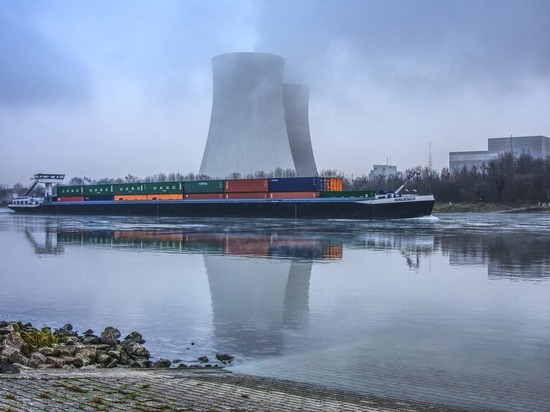American oceanographer Ken Büsseler, who specializes in the study of the environmental consequences of the accident at the Fukushima-1 nuclear power plant, appealed to the Japanese authorities. It points to the danger of water discharge from nuclear power plants into the ocean. He strongly recommends more research on its isotopic composition. His appeal was published in the scientific journal Science.
“Now our Japanese colleagues are focused on measuring the fraction of tritium in the tanks that contain this water, and they ignore the fact that there are other radioactive isotopes in it,” says Büsseler.
The oceanologist is convinced that first you need to remove other isotopes from the water, and then make decisions. Büsseler is confident that the state of the world’s oceans and the health of many people will directly depend on this.
Recall that the accident at Fukushima-1 occurred in March 2011 due to a tsunami. Nuclear fuel burned through the protective housings of the rectors. A large volume of radioactive substances were released, a huge part fell into the ocean. Damage was also caused to the soil and groundwater of the nearby prefectures.
Ken Buseller studied how ocean currents spread hazardous isotopes. He collected samples of various fish, molluscs and other animals from different depths of the Pacific Ocean and studied their isotopic composition. Initially, the concentration of radionuclides in animals was relatively low, but increased over the course of four years. According to the scientist, this indicates the presence of leaks from unknown sources. The leaks continue to this day.
It is worth noting that the distance from the Russian coast to Japan is only 700 km, and although the accident occurred on the eastern coast of the island state, ocean currents can move radionuclides in any direction.
